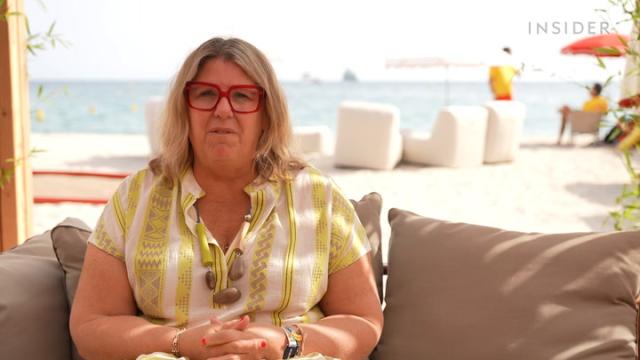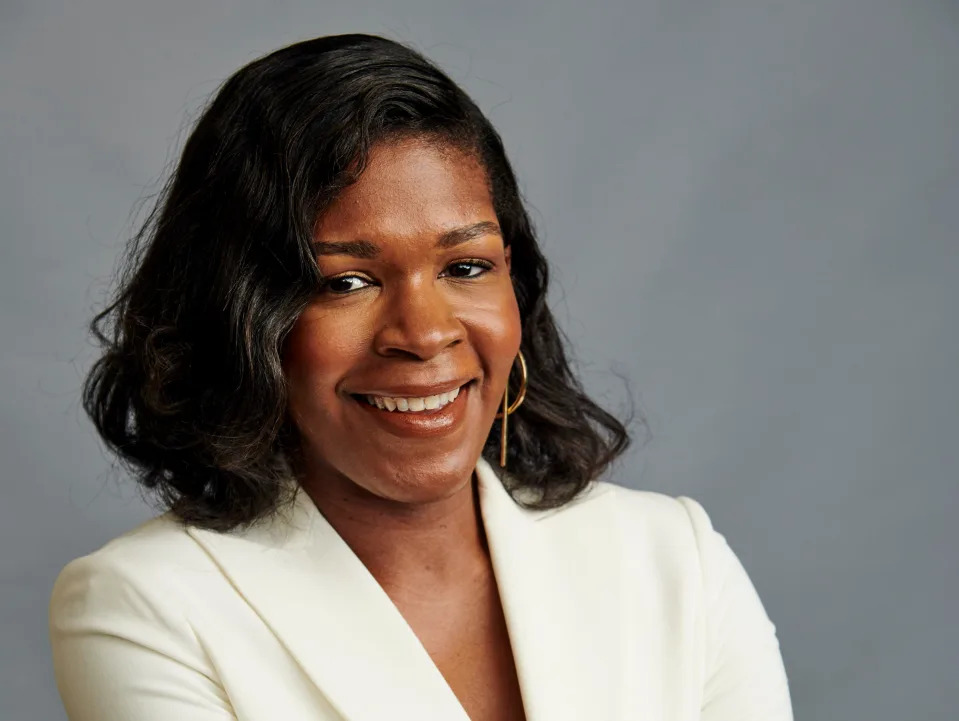

Netflix's head of accessibility grew up with deaf parents, and it made her more...
source link: https://finance.yahoo.com/news/netflixs-head-accessibility-grew-deaf-082306828.html
Go to the source link to view the article. You can view the picture content, updated content and better typesetting reading experience. If the link is broken, please click the button below to view the snapshot at that time.

Netflix's head of accessibility grew up with deaf parents, and it made her more aware that TV subtitles can be terrible

Netflix's first Director of Product Accessibility, Heather Dowdy, told Insider what drives her.
Growing up with deaf parents, she was aware of gaps in subtitles and when they "messed up."
Netflix found that 80% of its viewers use subtitles at least once a month.
It was only when she watched TV at a friend's house as a child that Heather Dowdy realized people didn't always use subtitles.
Dowdy, who was hired as Netflix's first director of product accessibility last year, used to watch shows like "Family Matters" at home when she grew up in Chicago in the 1990s.
The subtitles would always be on, because her parents are deaf. "That's what my parents automatically had," she told Insider.
This experience shapes her job at Netflix, where she is tasked with making the platform more accessible to people with disabilities.
Having deaf parents meant she was constantly aware of mistakes and gaps in subtitles, she said. "Because I have the privilege of hearing, I could tell, 'Oh, they really messed that up — you're totally missing the really important point.'"
In fact, some people with hearing loss call automatic subtitles "craptions," she said.
According to the US Census, 11.5 million Americans have some sort of hearing impairment, ranging from difficulty in hearing conversation to total hearing loss.
But TV subtitles are now used far more widely than by people who are deaf or hard of hearing.
About 40% of Netflix's global users use them all the time, while 80% use them at least once a month, according to the company's internal data. Dowdy said that's due in part to people watching more than one screen at a time, so text helps them follow the story.
"That's more than people that have a disability — that's a lot of other folks that are benefiting from a technology that was initially, you know, created to support people with hearing aids," she said.
The fact that her work impacts a far wider audience than those with disabilities is a plus for Dowdy. "That's really what my role is about — there are so many benefits to looking at the disability community and then understanding how that benefits all of us," she said.
Recommend
About Joyk
Aggregate valuable and interesting links.
Joyk means Joy of geeK